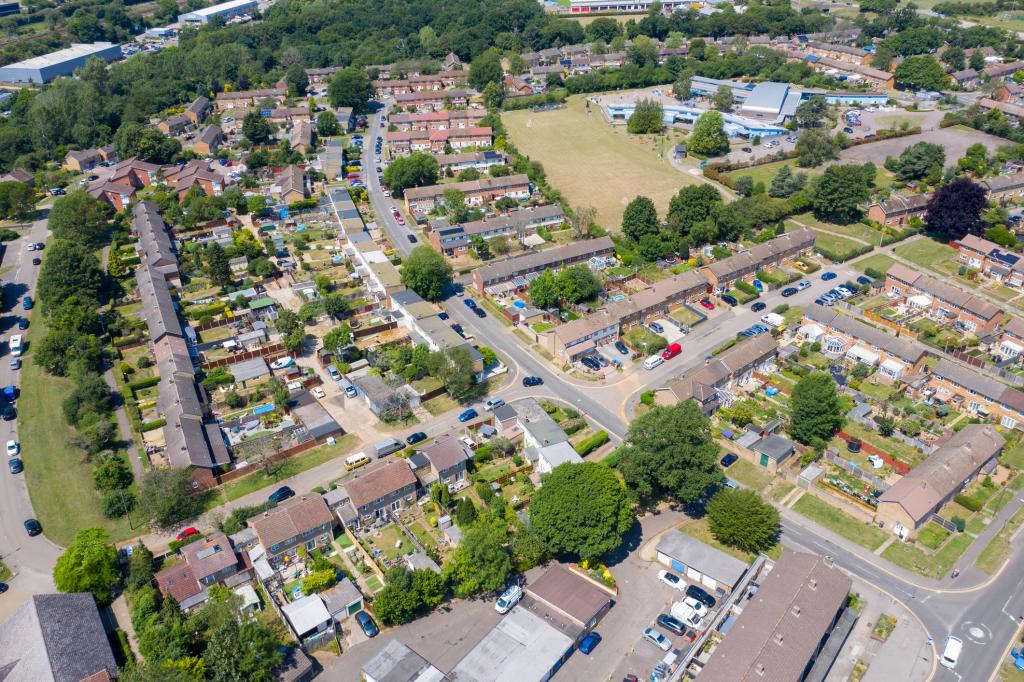
For registered providers of affordable housing (“RPs”), delivering a range of housing types – from affordable rented homes to shared ownership, supported housing, and specialist accommodation is essential to meeting the diverse needs of communities. However, managing this diversity comes with its own challenges, particularly when balancing the financial, operational, and social demands of maintaining a varied housing stock. This is where stock rationalisation becomes a valuable strategy.
Stock rationalisation in this context focuses on reviewing, restructuring, and aligning housing stock with strategic objectives. It helps RPs identify the right mix of homes for current and future needs, optimise resources, and ensure housing supply meets the requirements of tenants, stakeholders, and regulators.
Why stock rationalisation matters for housing providers
1) Meeting Community Needs: RPs often manage a mix of property types. Rationalisation allows RPs to identify gaps in their portfolio and ensure the right types of homes – be it family homes of various sizes, single-person units, or specialist supported housing are available where they are needed most.
2) Improving Financial Viability: Certain property types or locations may no longer align with an organisation’s financial or social goals. Rationalisation ensures resources are focused on homes that deliver maximum impact, while underperforming or inefficient assets can be repurposed, sold, or redeveloped.
3) Enhancing Quality: Rationalising stock helps providers focus on maintaining and improving properties that align with long-term objectives, ensuring safe, modern, and energy-efficient homes for tenants.
4) Simplifying Asset Management: A streamlined housing portfolio makes it easier to manage compliance, repairs, and upgrades, ensuring consistent service delivery across all property types.
Steps to effective stock rationalisation in housing provision
1) Assess Portfolio Performance: Conduct a detailed analysis of housing stock, evaluating factors like demand, costs, rental income, and tenant satisfaction for each property type. Identify homes or schemes that may no longer meet strategic objectives.
2) Align Stock with Demand: Review local and regional housing needs to ensure the portfolio reflects demand for different types of housing, such as affordable rent, shared ownership, or supported living.
3) Engage Stakeholders: Involve tenants, local authorities, and community partners in discussions about housing needs and the future of specific properties. This ensures decisions align with community priorities and helps to reduce any potential negative interpretation.
4) Redevelop or Repurpose: Explore opportunities to convert or redevelop underutilised or perhaps non-compliant stock to meet emerging needs, such as transforming older properties into energy-efficient family homes or specialist accommodation.
5) Plan for the Future: Use insights from rationalisation to guide new developments, ensuring future housing supply is sustainable and aligned with long-term goals.
Strategic benefits for affordable housing providers
Stock rationalisation is not about reducing homes, it’s about ensuring the right types of homes are available to meet the needs of diverse communities. When done effectively, it can:
1) Enhance Social Impact: By focusing on homes that best meet current community needs, RPs can support better outcomes for tenants, such as improved accessibility, affordability, and stability.
2) Strengthen Financial Sustainability: Targeted investment in well-performing housing types ensures RPs can maintain and grow their portfolios while managing costs effectively.
3) Support Organisational Resilience: A rationalised portfolio is easier to manage and maintain, enabling RPs to adapt quickly to changing regulations, funding pressures and tenant expectations.
In an environment of rising demand for affordable housing, limited resources, and increasing regulatory expectations, stock rationalisation is an essential tool for RPs. By ensuring a diverse, efficient, and future-proof housing portfolio, RPs can continue to deliver on their mission of creating sustainable, affordable housing in a bid to overcome the ongoing housing crisis.
Are you optimising your stock? Get in touch if we can help.
